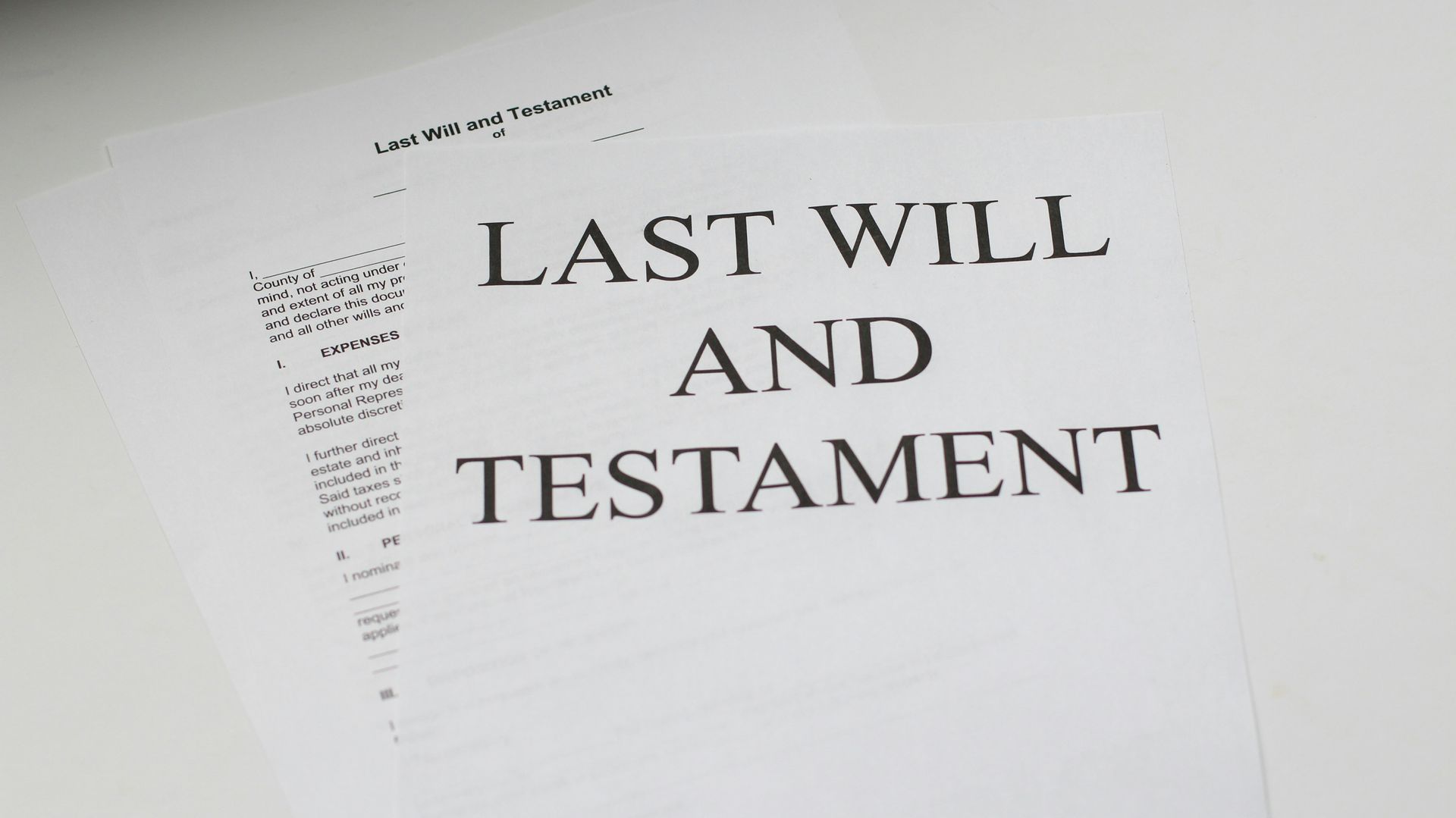Importance of professional Will storage
IMPORTANCE OF PROFESSIONAL WILL STORAGE

Wills are rather interesting documents because they’re the kind that you realistically can only have one of, foreign wills aside. A lot of documents these days we are used to having certified copies that can be provided as evidence of the document’s authority, but Wills are special in this way in that it is the original document that must be produced for probate (apart from in some extenuating circumstances).
So, if you can only have one original Will, then how do you make sure you keep it safe for when you pass and your family or friends need to find it? You may think you can store it at home, maybe in your cupboard or folder that you keep all other important documents. While you are absolutely within your right to do so, you ought to be aware of the risks as the Will would be vulnerable to damage or destruction by flooding or fire, loss and even theft.
So, why is protecting the Will important?
Your Last Will and Testament is as it says on the proverbial tin, the very last wishes you get to express in this world making it an extremely important document to those you leave behind. If your Will can’t be located after your death then your estate may end up being distributed totally differently to how you wanted.
Can I store it with my other important documents at home?
You absolutely can do that, but it isn’t always the recommended means of protecting your Will. It is important to make sure that your Will is kept safe, but what are the risks really?
Well, here are a list of risks you could face when storing your Will yourself:
- Destruction by fire
- Destruction by flooding
- Malicious damage
- Loss/theft of the Will
- Accidental damage
What actually happens if my Will is destroyed or lost?
If your Will is last known to be in your possession, but since your death nobody can find it, there is a presumption that you have destroyed your Will with the intention to revoke it. This presumption can be rebutted, but with great effort. This obviously isn’t ideal as your estate may end up not passing to your beneficiaries how you wished, or great stress may be placed on your family who are faced with the process of seeking permission to prove a copy of your Will.
A copy of a Will can’t automatically be admitted to probate, even if it is an exact 1-2-1 match as a scanned copy of the original signed document. A ‘wet-ink’ signature is required for your Will to be valid. If your Will is lost or accidentally destroyed, your executors can apply to prove the copy of your Will instead and submit that to the Probate Registrar along with affidavit evidence giving detail of the circumstances of the loss or destruction, what efforts have been made to locate the missing Will, and what evidence there is to disprove the presumption that the Will was revoked by the testator. It must also include details of anyone who will be prejudiced if the copy Will is proved.
The situation becomes more complex if no copy of the signed will is available. An in-depth discussion on this process is beyond the scope of this particular article however, so advice should be sought from a suitably qualified estate planner or probate practitioner if required.
What benefits does professional Will storage provide?
A professional Will storage company often offers more than just the physical housing of your Will. Many provide services that not only protect your Will, but services that make it easy for your executor to retrieve your Will while protecting your interests. For example, by only releasing the Will upon receipt of a copy of your death certificate and only once the executor proves their identity.
So let us assess the risks of home storage and how professional storage handles these problems:
- Fire Prevention
- Flood Prevention
- Restricted access, only released to you or authorised persons
- Secured building
- Safely filed away for when either you or your executors require it
Hopefully we have managed to illustrate to you the importance of professional Will storage and some of the risks you may face if you were to store your Will at home.
we receive many calls from the public who are hoping to locate the Will of their lost loved one, and we always hope that the Will is being properly stored so that we can help that family on the path to carrying out their loved one’s wishes.
Ultimately it is up to you how you wish to store your Will and the degree of risk you’re prepared to accept, so if you are curious to know more about storing your Will, please feel free to contact us on 01206 544919 or visit our website: www.paragonlegal.co.uk.
Photo by Jason Dent on Unsplash
Sourse: SWW




